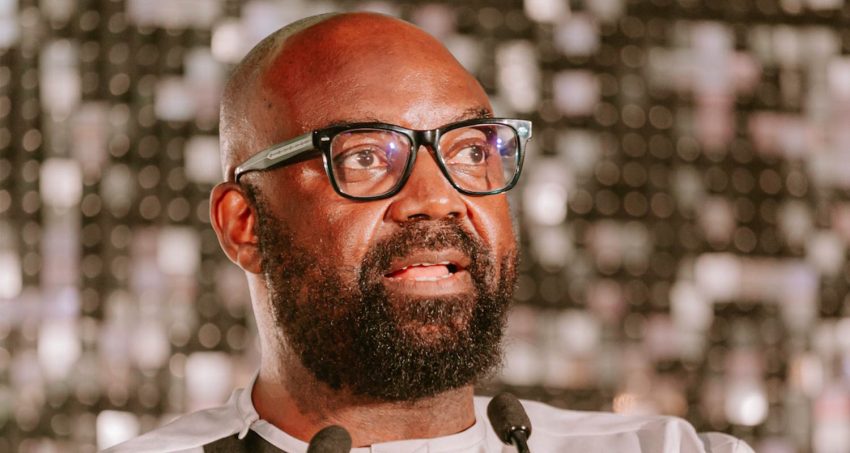South Africa’s automotive sector is weathering US President Donald Trump’s steep tariffs, but storms clouds are gathering.
According to motoring industry group Naamsa (also known as the Automotive Business Council), South Africa’s year-to-date vehicle exports are up 2.5% compared to the same time last year. This is despite the imposition of a 25% tariff into the US market taking effect in April.
South African goods previously enjoyed duty-free access to the US market under the African Growth and Opportunity Act (Agoa).
Naamsa said supply-chain adjustments by manufacturers and the diversification of destination markets contributed to the positive uptick.
“South Africa’s automotive industry has long relied on the strength of its export engine to drive production, attract investment and create high-value employment. The current environment has tested that model, but our ability to maintain solid export volumes amid escalating trade uncertainty demonstrates the commitment of our OEMs (original equipment manufacturers) to South Africa’s industrial base,” said Naamsa CEO Mikel Mabasa in a statement.
Naamsa said the sector’s resilience in the face of tariff uncertainty reflects its expanded global reach, which stood at 109 international markets in 2024, as well as its ability to leverage longstanding trade relationships.
‘Pressure in mounting’
Even so, data for the month of July showed a slight 1.9% drop in exports to 35 379 compared to July 2024. “Pressure is mounting as other export-orientated nations begin to redirect their product volumes towards South Africa’s established markets,” said Naamsa.
Even more pressure is expected to hit the sector and other export-orientated industries when a new, 30% US tariff comes into effect later this week, on 7 August. The department of trade, industry & competition’s attempts to negotiate a trade deal with US officials have fallen on deaf ears. This is despite the South African delegation offering deals in critical minerals, liquified natural gas and agriculture to their American counterparts.
Read: Trump tariffs could wreck SA’s vehicle manufacturing industry
The trade ministry last week announced a raft of emergency interventions to help limit the negative impact of the impending tariff hike, including the establishment of an export service desk to help affected businesses access alternative markets for their goods.
“The desk will provide updates on developments and tailored advisory services to exporters on alternative destinations, guidance on market entry processes, insights into compliance requirements and linkages to South African embassies and high commissions abroad,” the trade ministry said in a statement.
While efforts to diversify to broader markets help absorb any acute shocks, the impact of US tariffs on South African exporters remains significant. According to Naamsa, its positive year-to-date export numbers would be even more pronounced were it not for an 82% plunge in exports to the US in the first half of 2025 compared to the same period the previous year.
The US is South Africa’s second largest trading partner behind China and has traditionally served as a key destination for domestically manufactured premium vehicles. With other countries successfully negotiating preferential tariff treatment by the US, South Africa’s failure to do so means domestic exports are becoming less competitive than those of peer countries, threatening jobs in the local automotive sector.
According to Business Leadership South Africa CEO Busi Mavuso, the automotive industry and its Eastern Cape hub are particularly vulnerable to job losses should interventions be slow in coming.
Mabasa said Naamsa will continue to work with government to try to find a solution. However, deepening regional trade relations, expanding market access in African and Asia, and accelerating the roll-out of South Africa’s new energy vehicle transition strategy are key to ensuring the sector’s future stability.
Beyond these efforts, Mavuso called for the establishment of a crisis committee consisting of business leaders and government officials from key departments “to ensure rapid information flow and co-ordinated efforts”.
Watts & Wheels Ep 1: ‘BYD Shark 6 and the electric bakkie revolution’
“I encourage the president to establish a trade crisis committee that brings together business leaders and key government officials to jointly chart a path forward. This committee must include national treasury. We already have proven crisis response tools that were developed for Covid-19 and the 2021 KwaZulu-Natal unrest. These can be adapted for our current trade challenges,” said Mavuso. — (c) 2025 NewsCentral Media
Get breaking news from TechCentral on WhatsApp. Sign up here.
